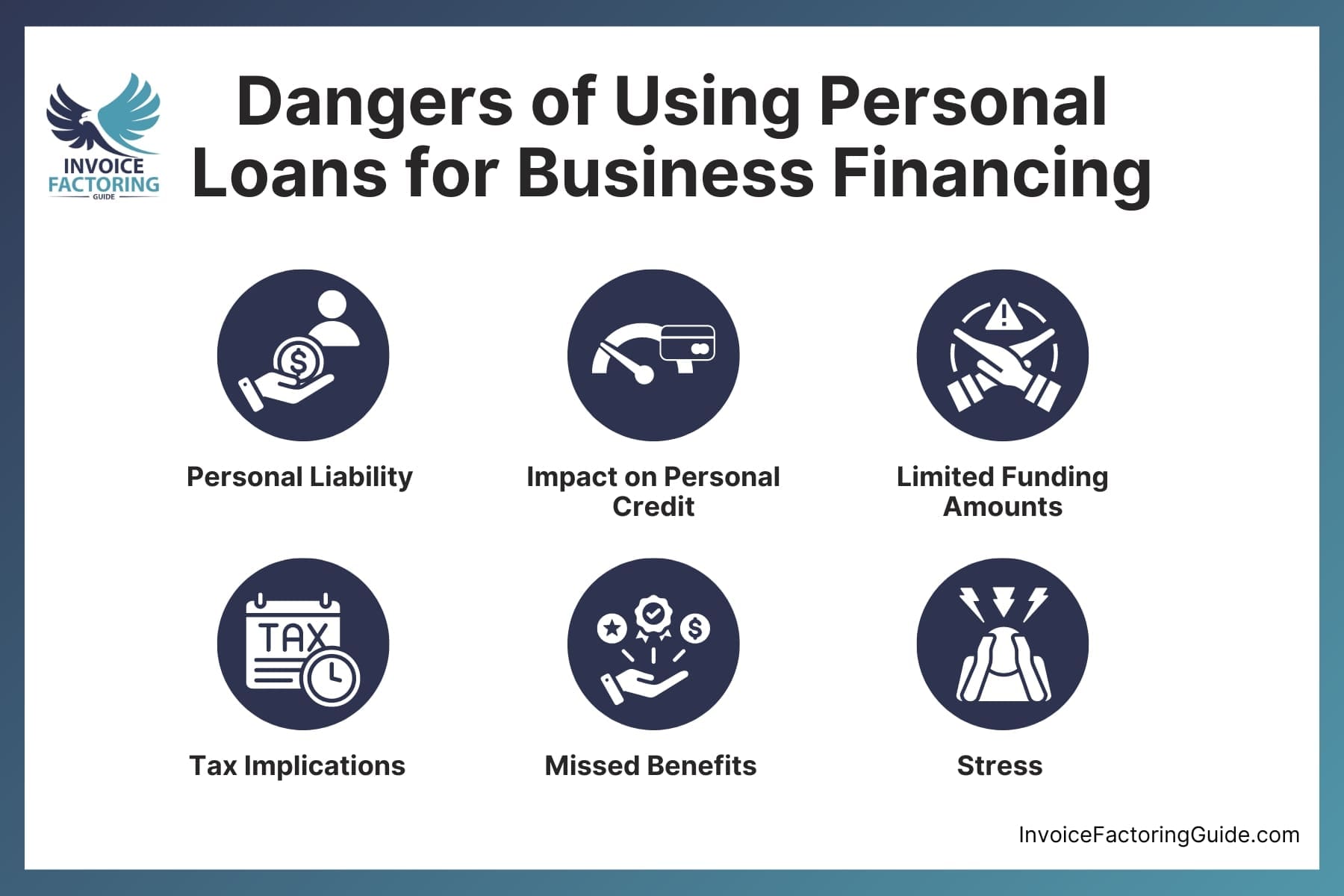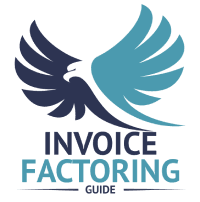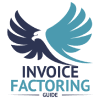
More than half of all small business owners mingle their business and personal finances, Entrepreneur reports. While this makes sense on the surface, as business owners often fund their ventures, and any profit may become the owner’s salary, this approach comes with unnecessary risks. On this page, we’ll explore why personal loans and savings shouldn’t be directly leveraged by your business and how factoring, as an alternative, can help you create more distinction between your finances without creating unnecessary hassles.
Small Businesses Leverage a Variety of Funding Options
Small business owners have many funding options, each with its own advantages, disadvantages, and unique impact on business operations and growth. Understanding these options is crucial for making informed decisions that align with your business strategy and financial health.
- Personal Savings: Also known as bootstrapping, this involves using your own funds to start or grow the business. It’s the most straightforward approach and keeps control within your hands, but it also carries the risk of personal financial loss.
- Family and Friends: Borrowing money from family and friends can be a quick and flexible financing option. However, it’s essential to clearly outline the loan terms to avoid misunderstandings that could harm personal relationships.
- Business Loans: These are loans specifically for business purposes and come in many forms, such as term loans, lines of credit, and SBA loans. Business loans are widely available from banks, credit unions, and online lenders. They typically require a solid business plan, good credit, and sometimes collateral, so they’re not a viable solution for everyone.
- Personal Loans for Business: Some business owners might opt for a personal loan to fund their business, especially if the company doesn’t have a long credit history. Personal loans are based on your personal creditworthiness and can be more accessible for new businesses.
- Credit Cards: Business credit cards can be a convenient way to manage cash flow and expenses, offering the added benefit of rewards and cashback. However, they often come with high-interest rates and can quickly lead to excessive debt if not managed carefully.
- Invoice Factoring: This involves selling your invoices at a discount to a factoring company in exchange for immediate cash. It can improve cash flow but reduces the total income received from sales.
Using Personal Loans for Business Financing Can Be Dangerous
Using personal loans for business financing can be risky, primarily because it blurs the line between personal and business finances and can lead to several potential pitfalls.

- Personal Liability: When business owners use a personal loan for business purposes, they are personally liable for the debt. This means if your business fails or cannot repay the loan, your personal assets, including savings, home, and other valuables, could be at risk to settle the debt.
- Impact on Personal Credit: Since the loan is in your name, any late payments or defaults will directly affect your personal credit score. This can make it more difficult to obtain personal financing in the future, such as mortgages or car loans, and can also affect the ability to secure business financing with more favorable terms.
- Limited Funding Amounts: Personal loans typically have lower maximum limits than business loans. This means that while a personal loan might be sufficient for initial startup costs or small-scale operations, it may not provide the level of funding needed for significant growth, expansion, or capital investments.
- Tax Implications: Mixing personal and business finances can complicate tax situations. While interest on business loans can often be deducted as a business expense, navigating these deductions with personal loans used for business can be more complex, potentially leading to missed opportunities for tax savings.
- Missed Benefits: By opting for a personal loan, you may miss out on the benefits that come with business-specific financing options, such as building a business credit history, establishing relationships with commercial lenders, and accessing larger amounts of capital with potentially better terms tailored to business needs.
- Psychological Stress: Using personal assets to fund a business increases the psychological stress associated with the venture’s success or failure. Knowing that your personal financial well-being is directly tied to the company can add a layer of pressure.
Draining Your Savings is a Risky Move, Too
Using personal savings to fund a business is a common and straightforward approach, especially in the early stages of a business. It allows the entrepreneur to maintain complete control over the business without taking on debt or giving up equity. However, this method comes with its own set of risks and considerations.
- Risk to Personal Financial Security: The most significant risk is the potential impact on your personal financial security. Investing a large portion of personal savings into a business can leave you with limited funds for emergencies, retirement, or other personal financial goals. If the company fails, it can result in significant personal financial loss.
- Limited Growth Potential: The amount of personal savings can limit the scope and speed of business growth. Without access to larger pools of capital, the business may struggle to scale, invest in marketing, or hire essential staff, potentially limiting its competitive edge and growth potential.
- Increased Pressure and Stress: Using personal savings can increase the psychological burden. The knowledge that your personal financial well-being is directly tied to the business’s success can add significant stress, potentially affecting decision-making and overall health.
- Opportunity Cost: The funds used for the business could have been invested elsewhere, generating returns with potentially lower risk. This opportunity cost is crucial, especially if personal savings account for a significant portion of your wealth.
- Lack of Financial Cushion: Starting a business with personal savings can deplete the financial cushion that would otherwise protect you and your family from unexpected expenses or economic downturns. This can make both the company and your personal finances more vulnerable to unforeseen challenges.
Explore Safer Alternatives to Fund Your Business
When traditional business loans are out of reach due to credit issues, lack of collateral, or the relatively short operating history of the business, and when using personal financial resources is risky, finding the right funding to fuel growth can become a hurdle. This is where alternative funding methods like invoice factoring can be crucial.
Invoice Factoring as an Alternative to Business Loans

Invoice factoring is a financial transaction where a business sells its accounts receivable/ invoices to a third party, known as a factoring company, at a discount. This arrangement provides the business with immediate cash flow, which can be crucial for covering operating expenses, purchasing inventory, or investing in growth opportunities without waiting for customers to pay their invoices.
How Invoice Factoring Fills the Funding Gap
- Immediate Access to Capital: One of the primary benefits of invoice factoring is the rapid access to cash. Instead of waiting 30, 60, or even 90 days for customers to pay, you can immediately receive most of the invoice value from the factoring company. This can be especially useful for businesses with long sales cycles or those that need to pay suppliers upfront.
- No Need for Creditworthiness: Unlike traditional loans, invoice factoring doesn’t require the business to have an excellent credit score. The factoring company is more interested in the creditworthiness of the business’s customers because that affects the likelihood of invoice payment. This makes invoice factoring a viable option for companies that may not qualify for other types of financing.
- Avoiding Debt: Invoice factoring is not a loan, so it doesn’t add to the business’s debt load. This can be advantageous for maintaining a healthier balance sheet and avoiding the risks associated with taking on more debt.
- Flexibility: Factoring agreements can be more flexible than traditional loans, with the business having the option to choose which invoices to factor. This flexibility allows businesses to manage their cash flow more strategically.
Invoice Factoring Protects Your Personal Assets
Invoice factoring can be a strategic financing option for small business owners facing challenges in securing traditional business loans, particularly when personal asset protection is a priority.
- Direct Business Asset Utilization: Invoice factoring involves selling your outstanding invoices to a factoring company at a discount in exchange for immediate cash. This process uses the business’s receivables as the asset for securing funding rather than your personal assets or savings.
- Improved Cash Flow Without Debt: Since invoice factoring is not a loan, it does not create debt on the business’s balance sheet. Instead, it’s an advance on the money your company is already due to receive. This distinction means you can improve your cash flow and invest in growth without impacting your personal financial situation or taking on additional personal financial risk.
- Reduces the Reliance on Personal Credit: For small businesses that may not qualify for traditional financing due to a lack of credit history or less-than-ideal creditworthiness, invoice factoring offers a way to access capital based on the creditworthiness of their customers, not their own. This approach can be particularly beneficial in protecting your personal credit rating and assets as the focus shifts away from your personal financial situation.
- Quick Access to Funds: Invoice factoring provides quick access to funds – sometimes on the day you submit your invoice. This rapid turnaround can be crucial for businesses needing immediate cash flow to meet operational expenses, seize growth opportunities, or handle emergencies without dipping into personal savings or assets.
- Flexible and Scalable: Factoring agreements can be more flexible and scalable than traditional loans. The amount of funding a business can access through factoring grows with its sales and the size of its invoices. This scalability ensures the company can access more funding as it grows without further risking personal assets.
- Focus on Business Performance: Since the factor’s primary concern is the reliability and creditworthiness of the invoices being factored, businesses can leverage their successful operations and sales performance for funding. This approach allows you to focus on continuing to grow your business rather than worrying about personal asset risk.
Find Out if Factoring is Right for You
Financing your business with funds earmarked for personal use can seem like a straightforward solution, but it’s rarely a good idea. Invoice factoring offers a pathway to streamlined cash flow management without personal liability pitfalls. If it sounds like factoring is the alternative you’ve been looking for, we’re happy to match you with a factoring company that understands your needs and offers competitive rates. Request a complimentary rate quote to learn more or get started.

About Invoice Factoring Guide
Related Articles
Get an instant funding estimate
Results are estimates based on the calculated rate and the total invoice amount provided.
Actual rates may vary.
Request a Factoring Rate Quote
PREFER TO TALK? Call us at 1-844-887-0300










